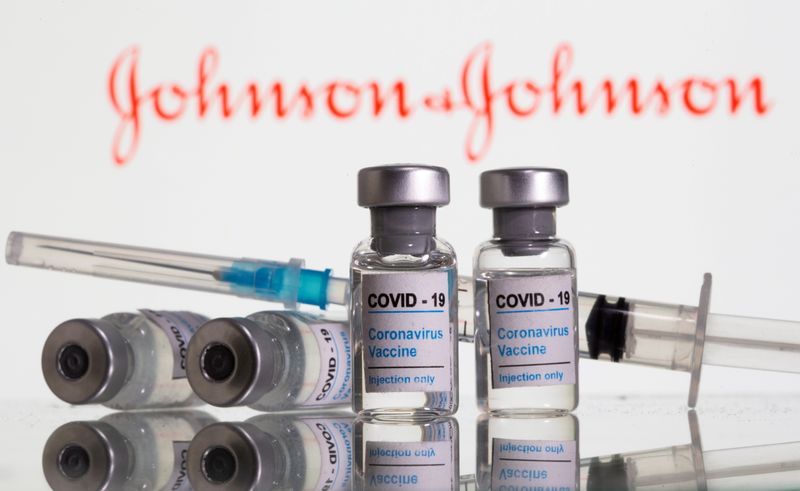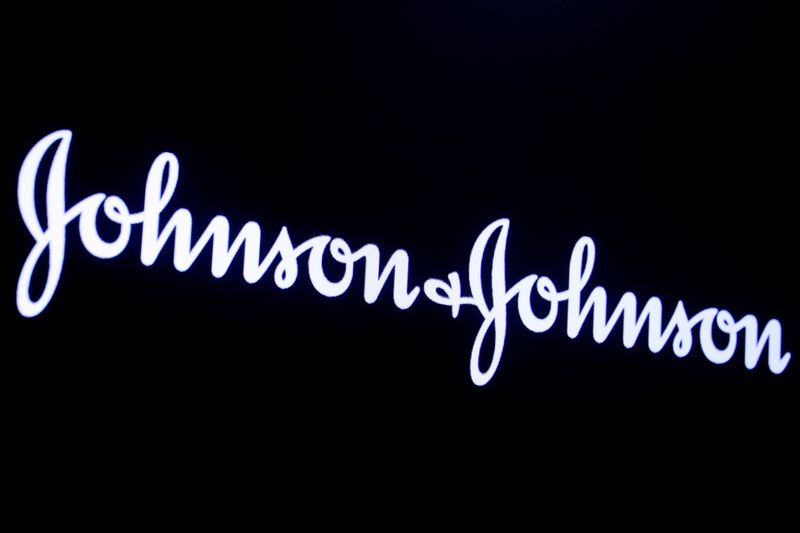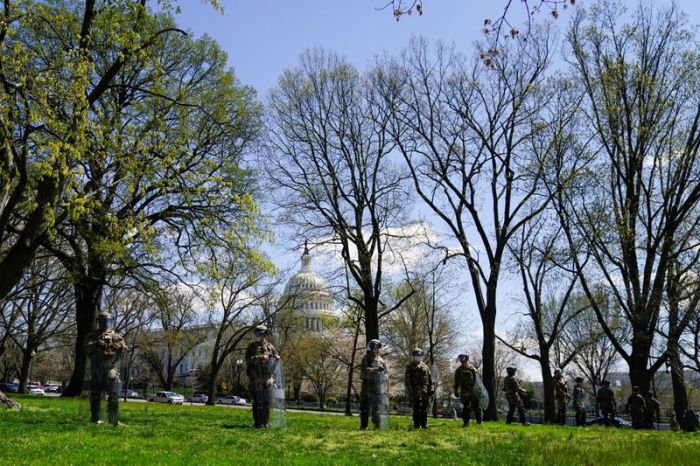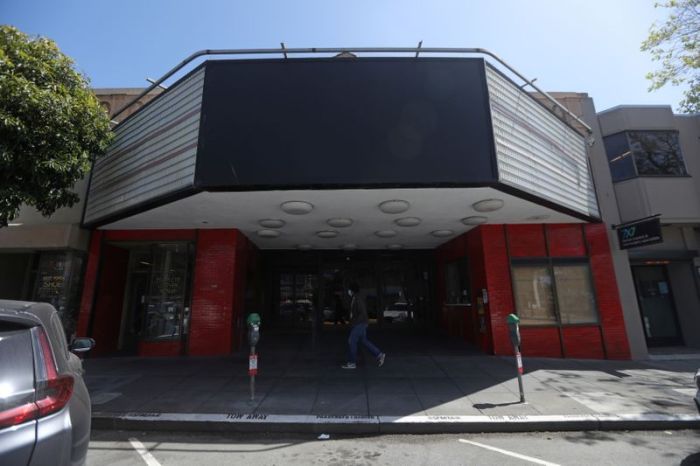(Reuters) – A U.S. plant that was making Johnson & Johnson’s COVID-19 vaccine must fix a long list of problems including peeling paint, shoddy cleanups, and poorly-trained staff to resume operation, according to a highly critical report by the Food and Drug Administration.
Experts said addressing the issues raised in the scathing FDA inspection report could take months.
Neither J&J nor the FDA has said when they expect vaccine production to resume at the Baltimore plant owned by Emergent Biosolutions Inc. Only one plant, in the Netherlands, is currently producing the key drug substance used in J&J’s vaccine, the company said.
“It may take many months to make these changes,” said Prashant Yadav, a global healthcare supply-chain expert at the Center for Global Development. He described some of the issues raised by the FDA as “quite significant.”
J&J said it would ensure that all of the FDA issues are addressed promptly and comprehensively.
The 12-page report described dirty facilities and many instances of potential contamination. In some cases, employees carrying unsealed medical waste collided with containers used to make material for vaccines, it noted, adding that containers had been spotted elsewhere with cracks.
Problems were not investigated and cleanups were superficial, it added. In one example, a worker moved between rooms where different materials were being made on 19 different days while only documenting a single required shower, the report said.
FDA inspectors said the facility was not large enough, describing crowded rooms difficult to walk through without bumping into containers of materials and small doors that forced workers to push containers on the ground rather than use machines to carry them.
“Paint flecks were observed on the floor all along the sides of these walls” on corridors surrounding the manufacturing room and in a room were vials were filled, it said in one section, adding that there was “brown residue” on the wall and “black residue” on the floor in one plant room.
The investigation confirmed media reports that J&J shots made at the Emergent plant had been contaminated with material used to make vaccine for AstraZeneca. At the time, workers responded to the mix up with little more than a routine cleaning, it noted.
Millions of J&J doses were ruined, the New York Times reported. Production of AstraZeneca’s vaccine was moved elsewhere.
“There is no assurance that other batches have not been subject to cross-contamination,” the report said.
J&J has drawn scrutiny for months over its halting process to scale up production of the one-shot vaccine that is easier to handle and use than other authorized vaccines.
Its use in the United States has been paused since last week as health officials study a possible link to a very rare but serious blood clot condition.
Emergent has been seeking regulatory authorization to make the J&J vaccine in the United States. It stopped production at the plant recently, saying the FDA had asked it to do so after an inspection.
“What’s important is that the FDA caught these deficiencies” and took steps to ensure the vaccine produced there was not used, said vaccine researcher Dr. Anna Durbin of Johns Hopkins University in Baltimore.
“Emergent has some work to do to clean up their process. They will likely need to be re-inspected by the FDA before any vaccine produced there would be accepted,” she said.
Johnson & Johnson reiterated on Wednesday that it was working to establish a global supply chain in which 10 manufacturing sites would be involved in production of its COVID-19 vaccine, in addition the Netherlands plant.
The company has a U.S. government-brokered agreement with rival drugmaker Merck & Co, which is preparing to make doses of J&J’s vaccine.
FAILURE TO TRAIN PERSONNEL
The inspection report said the FDA team had reviewed security camera footage in addition to an in-person site visit to the Emergent plant.
It found failure to train personnel to avoid cross contamination of COVID-19 vaccines from Johnson & Johnson and AstraZeneca.
Earlier this week, the U.S. House Representatives launched an investigation into whether Emergent used its relationship with a Trump administration official to get a vaccine manufacturing contract despite a record of not delivering on contracts.
Emergent said in a statement that it is working with the FDA and J&J to quickly resolve the issues outlined in the report.
The inspection, carried out between April 12 and April 20, also noted that Emergent did not produce adequate reports showing that the vaccines it was producing met quality standards.
J&J said it was redoubling its efforts to get authorization for the facility as quickly as possible.
J&J’s oversight could help Emergent better address the FDA’s concerns, none of which are especially difficult to fix, Cantor Fitzgerald analyst Brandon Folkes said in a note.
No vaccine manufactured at the Baltimore plant has been distributed for use in the United States.
(Reporting by Manas Mishra and Ankur Banerjee in Bengaluru; Carl O’Donnell in New York and Julie Steenhuysen in Chicago; Editing by Caroline Humer, Peter Henderson and Bill Berkrot)


























